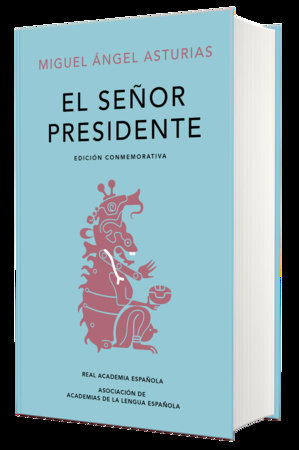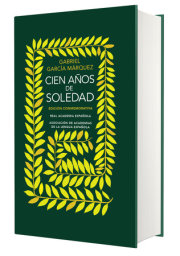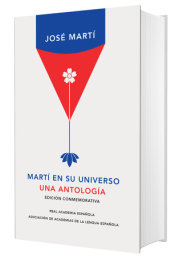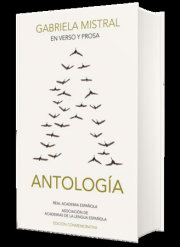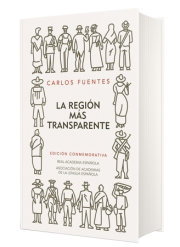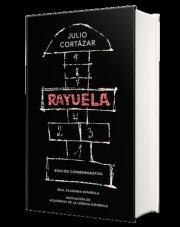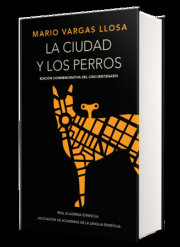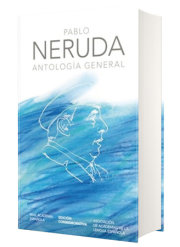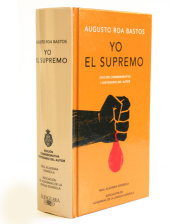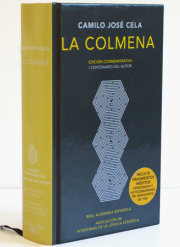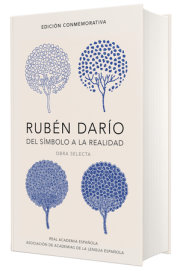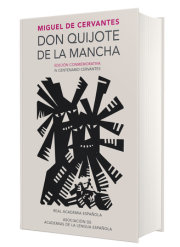Edición conmemorativa de la obra maestra de Miguel Ángel Asturias, Premio Nobel de Literatura.
Escrita entre 1920 y 1933 y publicada en 1946, El señor presidente es uno de los máximos exponentes de la llamada «novela del dictador» en la que se encuadran otras obras fundamentales como Yo el Supremo, de Roa Bastos, Tirano Banderas, de Valle-Inclán, El otoño del patriarca, de Gabriel García Márquez, o más recientemente, La Fiesta del Chivo, de Mario Vargas Llosa. En ella, Asturias se inspira en el último gobierno de Manuel Estrada Cabrera, en Guatemala, para explorar los mecanismos que hacen funcionar una dictadura política, así como sus efectos en la sociedad.
Narrada desde distintos puntos de vista que van conformando de manera indirecta la figura del Presidente, esta novela es uno de los antecedentes más notables del boom latinoamericano y del realismo mágico, cuyo máximo exponente es García Márquez. Su declarada condena de las injusticias y la tiranía le valió ser censurada y prohibida durante trece años, mientras que, en contraposición, su riqueza estilística y la originalidad de su estructura narrativa la convirtieron en una de las novelas que más influyeron en toda una generación de autores de América Latina.
Adaptada al cine y al teatro, y traducida a los principales idiomas, la novela tuvo una gran acogida en el momento de su publicación tanto por la crítica como por los lectores.
ENGLISH DESCRIPTION
A Commemorative edition of the Nobel Prize for Literature, Miguel Ángel Asturias’ masterpiece.
Published in 1946, The President is one of the greatest representations of a "dictator novel", an honor that it shares with other fundamental works such as I the Supreme, by Roa Bastos, The Autumn of the Patriarch, by García Márquez, and The Feast of the Goat, by Mario Vargas Llosa.
Asturias’ work is inspired by Estrada Cabrera’s last government in Guatemala, in it he explores the mechanisms that make a political dictatorship work, as well as its effects on society.
Preceding the Latin American Boom and magical realism, his condemnation of injustices and tyranny earned his masterful work to be banned for thirteen years, while the richness of his technique and original structure made it one of the novels that most influenced a whole generation of Latin American authors.

